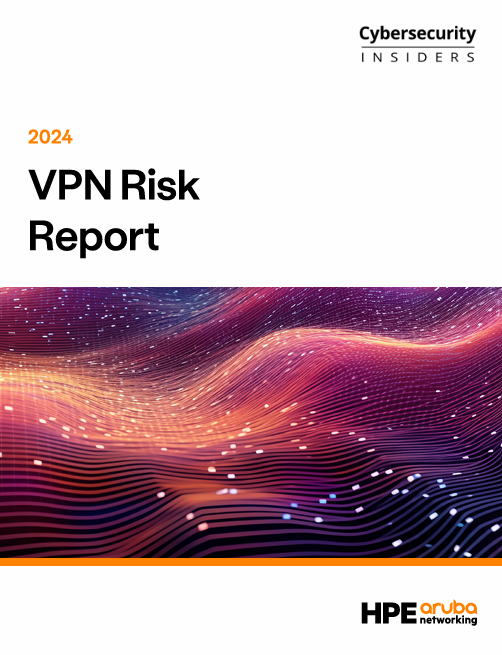In the past, Virtual Private Networks (VPNs) have been the go-to solution for remote access. However, with the surge in remote work and distributed workforce models and the rise of cloud adoption, the basic connectivity provided by VPNs is being put to the test. As cyber threats continue to evolve at a rapid pace, VPNs struggle to provide the secure, segmented access that organizations require. Instead, they often grant full access to the corporate network, increasing
the risk of cyberattacks once malicious actors obtain login credentials.
As the landscape of remote access security evolves, VPNs are increasingly seen as inadequate. The focus is shifting towards adopting Zero Trust to meet changing business needs. When contemplating the technologies that could
replace VPNs, many teams are gravitating toward a Zero Trust Network Access (ZTNA) approach, which effectively eliminates the need for corporate VPNs.
Our 2024 VPN Risk Report, based on a survey of 593 IT professionals and cybersecurity experts, offers a comprehensive analysis of the current state of VPNs. It uncovers the risks and challenges businesses encounter due to VPN usage and provides insights into the future of secure remote access and its implications for businesses like yours.
Key findings from the report include:
• 92% of respondents are concerned that VPN will jeopardize their ability to keep their environment secure.
• 81% of users are dissatisfied with their VPN experience.
• 56% of respondents are looking for an alternative to the traditional VPN.
• 75% view Zero Trust as a priority for their business.
• 59% of organizations have adopted or plan to adopt ZTNA within the next 2 years.
We thank HPE Aruba Networking for their invaluable contribution to this VPN Risk Report. Their expertise in Zero Trust and secure access solutions has greatly enhanced our findings.
We hope this report serves as a valuable resource for IT and cybersecurity professionals on your journey towards Zero Trust security.

















